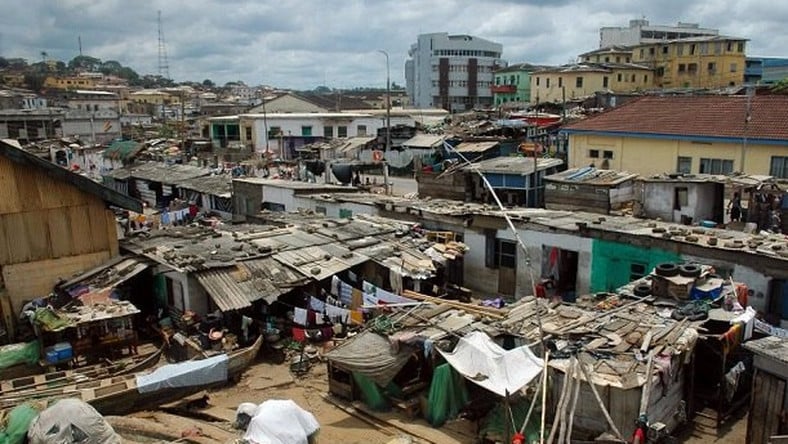
Ghana, a country located in West Africa, is often regarded as a poor nation. Despite its abundant natural resources, including gold, oil, and cocoa, Ghana continues to struggle with poverty and economic underdevelopment. There are several reasons why Ghana is poor, and in this article, we will explore some of the key factors that contribute to Ghana’s economic challenges.
Historical factors
Ghana’s colonial past has had a significant impact on its economic development. The country was under British colonial rule for over a century, during which time the British exploited Ghana’s natural resources, including gold, timber, and cocoa, for their own benefit. This exploitation led to a situation where Ghana’s economy was heavily dependent on the export of raw materials, and this trend continues today.
Corruption
Corruption is a major problem in Ghana and has contributed to the country’s economic challenges. The mismanagement of public funds and resources has led to a situation where the government is unable to provide basic services such as healthcare, education, and infrastructure. This lack of investment in critical sectors has hindered economic growth and development.
Poor infrastructure
Ghana’s infrastructure is inadequate, and this has had a significant impact on the country’s economic growth. Poor roads, inadequate power supply, and limited access to water and sanitation facilities are just some of the challenges that Ghana faces. This lack of infrastructure has made it difficult for businesses to operate efficiently and has hindered economic development.
Dependence on raw materials
As mentioned earlier, Ghana’s economy is heavily dependent on the export of raw materials. This dependence has left the country vulnerable to fluctuations in global commodity prices. When prices are high, Ghana benefits, but when prices drop, the country suffers. This situation has made it difficult for Ghana to diversify its economy and move away from its dependence on raw materials.
Education
Education is essential for economic development, but Ghana’s education system is struggling. The quality of education in Ghana is poor, and many children do not receive a basic education. This situation has contributed to a lack of skilled workers, making it difficult for businesses to find the talent they need to grow and develop.
In conclusion, Ghana’s economic challenges are multifaceted, and there is no single solution to the country’s problems. Addressing corruption, investing in infrastructure, diversifying the economy, and improving education are just some of the steps that Ghana can take to overcome its economic challenges. With the right policies and investment, Ghana can build a more resilient and prosperous economy that benefits all its citizens.
Story by: Emmanuel Romeo Tetteh (#RomeoWrites) / Ahotoronline.com




